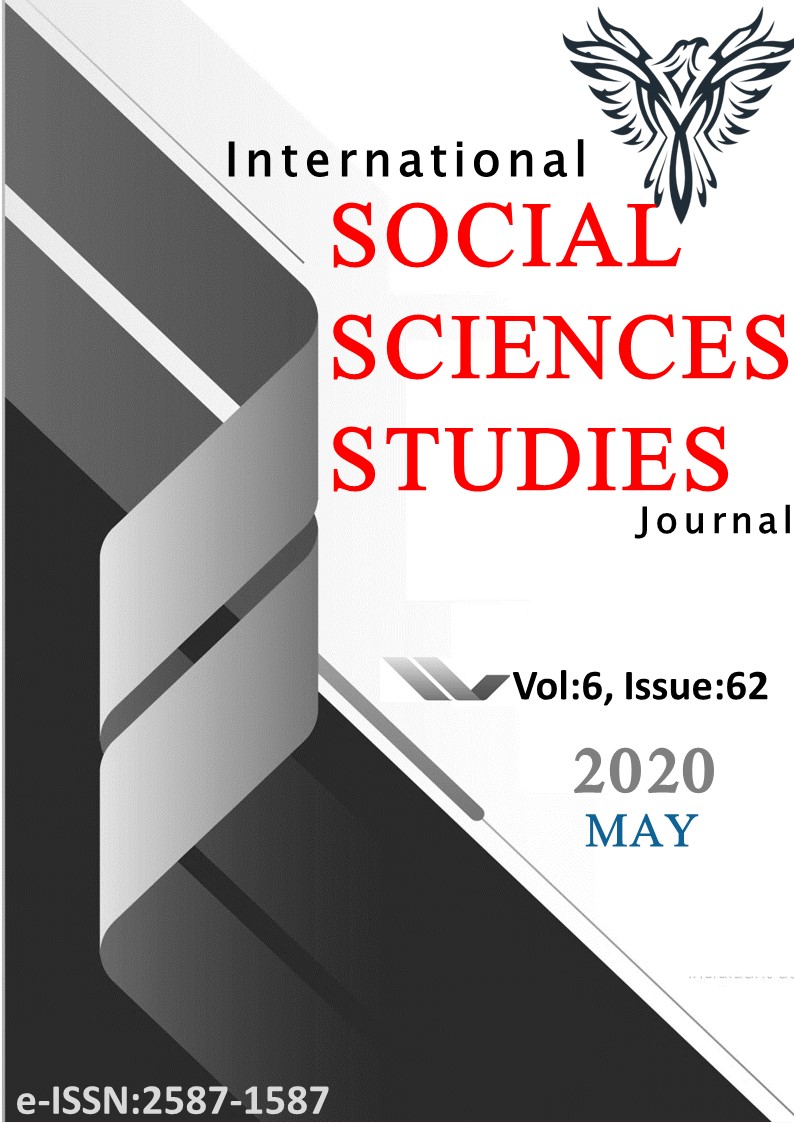Author :
Abstract
Türkiye’de istikrarlı olduğu kadar, etkin bir siyasal yönetime duyulan ihtiyaç, 1970’li yıllardan bu yana toplumun her kesiminde yaygın beklenti haline gelmiştir. Bu talepler, parlamenter sistemin ve anayasal yapının sebep olduğu düşünülen her siyasal kriz sonrasında yoğunlaşarak ülke gündemine gelmeye devam etmiştir. Erken yapılan seçimler, zayıf hükümetler neticesi oluşan kısa süreli koalisyonlar, Meclis’in uzun süre Cumhurbaşkanı seçememesi türünden sistem krizlerine karşı farklı çözüm önerilerinin getirilmesi söz konusu olmuştur. Bu çözüm önerileri arasında; siyasal partilerin yapısındaki değişiklikler ile seçim sistemi ve seçim barajına yönelik değişim taleplerinin yanında, özellikle hükümet modelinde başkanlık sistemi yönünde bir dönüşümün yapılması da sıkça öne çıkarılmış bulunmaktadır. Türkiye’de Nisan 2007 tarihinde, Cumhurbaşkanı’nın seçim sürecinde ve sonrasında yaşananlar, siyasal sistemdeki anayasal dönüşüm tartışmalarının yönünü de hızlandıran bir etki göstermiştir. TBMM’nin, “367 Krizi” nedeniyle Cumhurbaşkanı seçememesi üzerine yapılan anayasa değişikliği sonrasında parlamenter sistem fiili bir dönüşüm sürecine girmiştir. 14 Ağustos 2014’te Cumhurbaşkanının halk tarafından seçilmesi ile birlikte mevcut hükümet sisteminin, yarı-başkanlık sistemi mantığıyla işlemeye başladığı görülmüştür. 15 Temmuz 2016 darbe girişimini izleyen siyasal sürecin de etkisiyle yapılan 2017 Anayasa Değişikliğinin uygulamaya geçtiği 9 Temmuz 2018 sonrasında ise hükümet sistemi, Türkiye’ye özgü bir başkanlık sistemi olarak siyasal pratiğe geçmiştir.
Keywords
Abstract
An effective political management, as stable as in Turkey, the need has become widespread expectations in every segment of society since the 1970s. These demands continued to come to the agenda of the country, intensifying after each political crisis thought to be caused by the parliamentary system and constitutional structure. It was observed that different solutions were proposed against system crises such as early elections, short-term coalitions resulting from weak governments, and the Parliament's inability to elect the President for a long time. Among these solution suggestions; In addition to the changes in the structure of the political parties, and the demands for changes in the election system and the election threshold, a transformation towards the presidential system, especially in the government model, has been frequently emphasized. Turkey in April 2007, and after the selection process of the President happened, it showed an accelerating effect in the direction of the constitutional debate in the political system transformation. The parliamentary system has entered into a de facto transformation process after the constitutional amendment after the Turkish Grand National Assembly could not elect a President due to the "367 Crisis". With the election of the President by the people on August 14, 2014, it was seen that the current government system started to operate with the logic of the semi-presidential system. July 15, 2016 following the coup attempt made under the influence of the political process now that the implementation of the 2017 Constitutional Amendment 9 July 2018 after the government system, has passed into political practice as a presidential system unique to Turkey.





